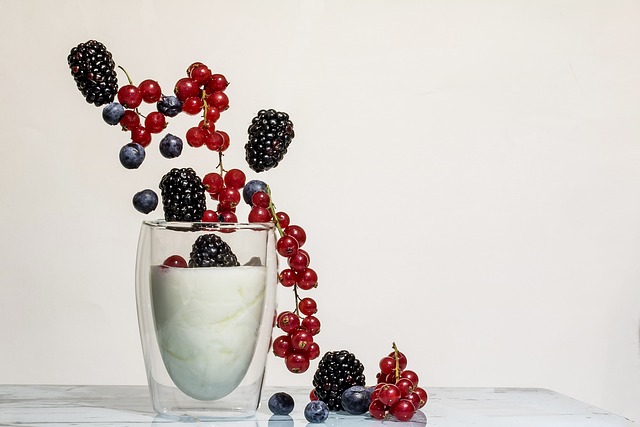Probiotics are living organisms that are good for our health. They are found in fermented foods such as yogurt, kefir, sauerkraut, and kimchi. Probiotics are also available in the form of supplements that can be taken orally. These supplements contain live bacteria that live in our gut and help in maintaining our health.
What are Probiotics?
Probiotics are defined by the World Health Organization (WHO) as “live microorganisms which when administered in adequate amounts confer a health benefit on the host.”
The human body hosts trillions of bacteria, viruses, and other microbes. The gut, home to the largest community of microbes, plays an essential role in our health and wellbeing. The gut microbiota helps in digesting food, absorbing nutrients, modulating the immune system, and protecting against invading pathogens.
Probiotics are “good” bacteria that live in our gut and help in maintaining a healthy balance of bacteria. They compete with harmful bacteria for nutrients and resources and can produce substances that inhibit the growth of pathogens. Probiotics can also stimulate the immune system and modulate inflammation.
Probiotics and IBS
Irritable bowel syndrome (IBS) is a common digestive disorder that affects millions of people worldwide. Symptoms of IBS include abdominal pain, bloating, constipation, and diarrhea.
Research has shown that probiotics can be effective in reducing the symptoms of IBS. A systematic review of 43 randomized controlled trials found that probiotics significantly reduced IBS symptoms compared to placebo.
Probiotics can help in reducing inflammation and modulating the immune system. They can also improve the gut microbiota by increasing the number of “good” bacteria and reducing the number of harmful bacteria. Probiotics can also help in reducing the sensitivity of the gut to stimuli.
The specific strains of probiotics that are effective in treating IBS include:
- Bifidobacterium infantis: This strain of probiotic can reduce the symptoms of IBS and improve gut function.
- Lactobacillus plantarum: This strain of probiotic can reduce inflammation and improve gut permeability.
- Saccharomyces boulardii: This strain of probiotic can improve diarrhea and reduce gut inflammation.
Probiotics and Acne
Acne is a common skin condition that affects millions of people worldwide. It is characterized by the presence of pimples, blackheads, and whiteheads on the face, neck, chest, and back.
Research has shown that there is a link between gut health and acne. A study published in the Journal of Clinical and Aesthetic Dermatology found that people with acne had a higher prevalence of gut dysbiosis (an imbalance of gut bacteria) compared to people without acne.
Probiotics can help in improving gut health, which in turn can reduce inflammation and improve skin health. Probiotics can also reduce the production of sebum (oil) in the skin, which can contribute to acne.
The specific strains of probiotics that are effective in treating acne include:
- Lactobacillus acidophilus: This strain of probiotic can improve gut health and reduce inflammation.
- Bifidobacterium bifidum: This strain of probiotic can improve gut health and reduce inflammation.
- Lactobacillus rhamnosus: This strain of probiotic can reduce the production of sebum and improve skin health.
Probiotics and Immune Function
The gut plays a crucial role in modulating the immune system. The gut is home to a large number of immune cells and is the site of interaction between the immune system and the gut microbiota.
Probiotics can help in modulating the immune system by stimulating the production of immune cells and antibodies. They can also produce substances that inhibit the growth of pathogens and reduce inflammation.
Research has shown that probiotics can be effective in reducing the risk of infections, including respiratory infections, urinary tract infections, and vaginal infections.
Conclusion
Probiotics are living organisms that can be beneficial for our health. They can help in reducing the symptoms of IBS, improving skin health, and modulating the immune system. Probiotics can be found in fermented foods such as yogurt, kefir, sauerkraut, and kimchi, as well as in the form of supplements. It







